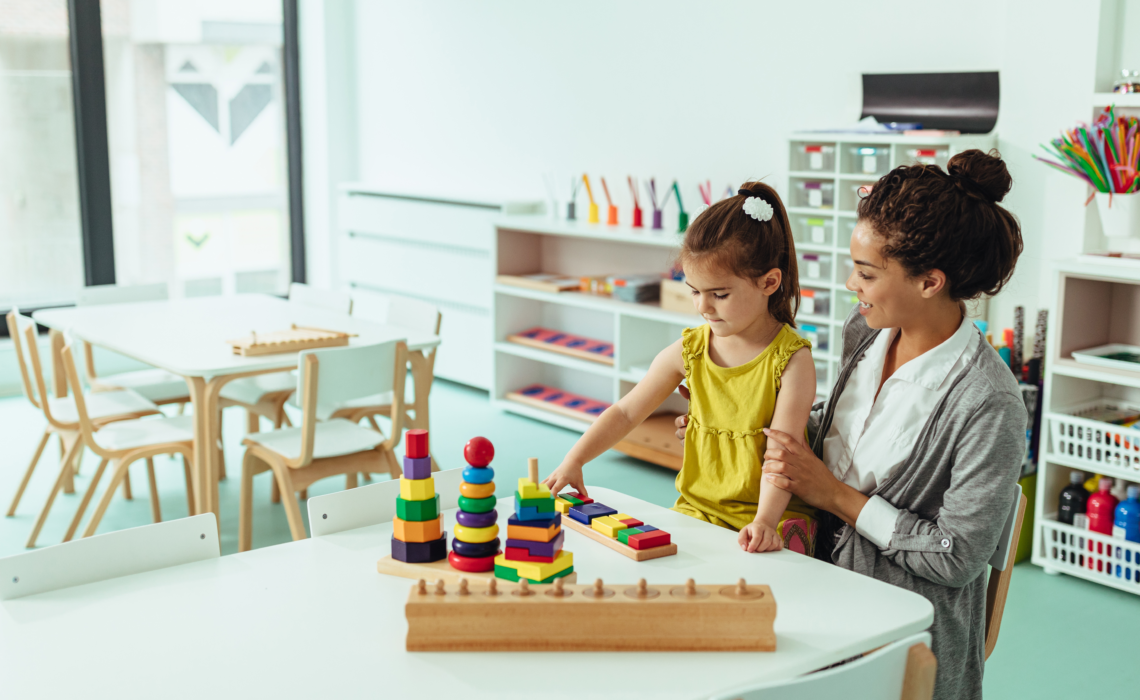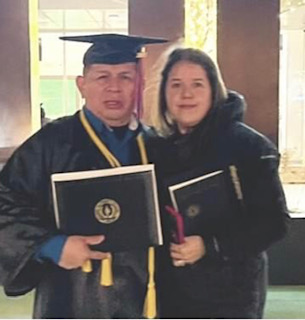FAMILY CHILD CARE PROVIDERS
Family child care providers take care of a small group of children in their own home, such as a house, apartment or condominium unit.
Are family child care homes licensed?
To ensure a safe care environment, states and territories use child care licensing regulations to limit the number of children that can receive care in a family child care home. Child care regulations (DCF 250) in Wisconsin also limit the number of infants and toddlers that can be cared for in a licensed family child care home to ensure proper supervision and safety. When a family child care home is licensed, the provider must also meet a variety of health and safety requirements, including training (such as CPR/First aid) and criminal background check requirements. They are also monitored by the state or territory to ensure that they continue to meet those requirements.
Depending on the child care regulations in your state or territory, some family child care providers may be legally considered license-exempt in certain circumstances. For example, some states and territories require a family child care provider to be licensed when caring for more than one unrelated child in their household, while others may not require a license until the provider cares for six or more children. Some states may offer certification or registration to help ensure some basic health and safety standards in certain family child care programs. Specific requirements vary by state.
Although some family child care providers may be legally exempt from having a license, it is important to understand the difference between these programs and those that require a license but operate illegally without
a license.
To learn more about what child care licensing is and why it’s important, see the “Ensuring Safe and Healthy Child Care” page.
https://childcare.gov/consumer-education/how-is-child-care-regulated
If you are considering family child care, it is important to know how your state regulates family child care programs so that you can choose the safest care option for your son or daughter. Always ask if a family child care provider is licensed or check your state’s consumer education website or local child care resource and referral agency to see if your provider is required to be licensed.
To find your state’s child care consumer education website and child care resource and referral agency and learn about family child care licensing requirements in your state or territory, select your state or territory on the page “View your States Resources” and review the “Understanding and Finding Child Care” tab.
Why choose a family child care home?
Families choose family child care homes for a variety of reasons, including the following:
Families may prefer the familiar environment and small group sizes.
Family child care providers are able to provide greater consistency of care because children do not move to different classrooms with different staff as they would in a center-based setting.
Family child care providers may offer more flexible hours, such as evening and weekend care.
Families with multiple children may prefer siblings to be cared for together rather than separated into different age groups.
Family child care providers may be less expensive than center-based programs, but rates within your community may vary.
How do I find and choose a family child care home?
To find licensed family child care homes in your area through your state or territories online child care search, go to the “Find Child Care” page and select your state or territory.
For more information on how to find and choose quality child care, visit the page “How do i find and choose quality child care?”








